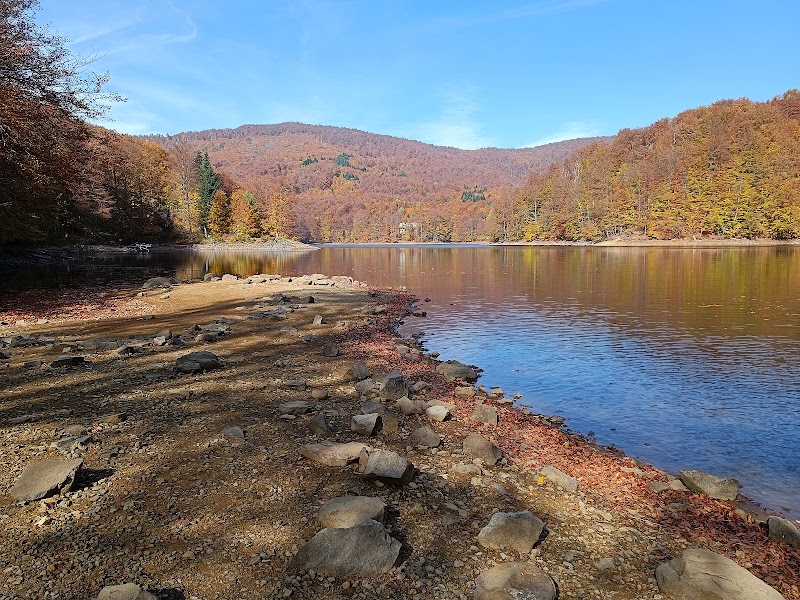
Poloniny National Park Adventures
Poloniny National Park, located in the northeastern corner of Slovakia along the Polish and Ukrainian borders, is a pristine wilderness renowned for its ancient beech forests and diverse wildlife.
About Poloniny National Park

Poloniny National Park covers a largely forested mountainous region within the Outer Eastern Carpathians, characterized by rolling hills and extensive primeval forests, including virgin beech stands protected as part of UNESCO's East Carpathian Biosphere Reserve. Established in 1997, the park spans over 29,300 hectares and provides vital habitat for European large carnivores such as brown bears, wolves, and lynxes, as well as rare species like the Eurasian eagle-owl and unique flora thriving in its humid, mountainous climate. The park's remote location and minimal human development enable visitors to experience true wilderness across diverse ecosystems - from dense woodlands to rivers and meadows. Outdoor enthusiasts enjoy hiking on marked trails that lead to scenic viewpoints, traditional wooden villages, and culturally significant sites. Popular landmarks include the primeval beech forests at Havešová, Stužica, and Rožok, all UNESCO World Heritage sites, along with the Sninský kameň lookout tower offering expansive vistas. The park is also a destination for wildlife watching, mushroom picking, and cross-country skiing in winter. Poloniny National Park appeals to those seeking solitude, unspoiled nature, and a glimpse into Eastern Europe's forested landscapes.
Highlights
UNESCO-listed primeval beech forests at Havešová, Stužica, and Rožok
Home to large populations of brown bears, wolves, and lynxes
Sninský kameň lookout tower with panoramic views
Traditional wooden villages reflecting Carpathian culture
Notable Natural Features
Stužica Forest
One of the last remaining virgin beech forests in Europe, Stužica is part of the UNESCO World Heritage Site protecting the primeval forest ecosystem.
Sninský kameň Lookout
A popular vantage point providing sweeping views over the surrounding Carpathians and Poland’s Bieszczady Mountains.
Traditional Wooden Villages
Nearby settlements maintain authentic Carpathian wooden architecture and folk traditions dating back centuries.
